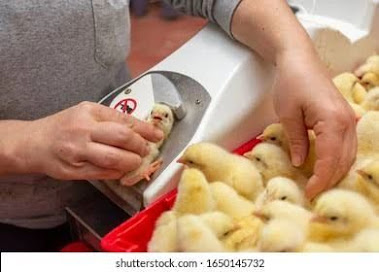Effects of Amino acid Deficiencies on Hatchability of Chicken Egg

Amino acid deficiencies in a poultry diet can have a significant impact on hatchability, particularly in the context of breeder hens that produce fertile eggs for incubation. Here are some effects of amino acid deficiencies on hatchability: 1. **Reduced Fertility**: A deficiency in certain essential amino acids, such as arginine and lysine, can lead to reduced fertility in breeder hens. This means that fewer eggs may be fertilized, ultimately reducing the number of viable embryos available for incubation. 2. **Poor Embryo Development**: Amino acids are essential for proper embryo development. Deficiencies in amino acids like methionine can result in poor embryo growth and development, leading to the formation of weak or non-viable embryos. 3. **Increased Early Embryo Mortality**: Amino acid deficiencies can contribute to early embryo mortality, where embryos die at an early stage of development and may not even progress to the point of being laid as eggs. This can reduc...

